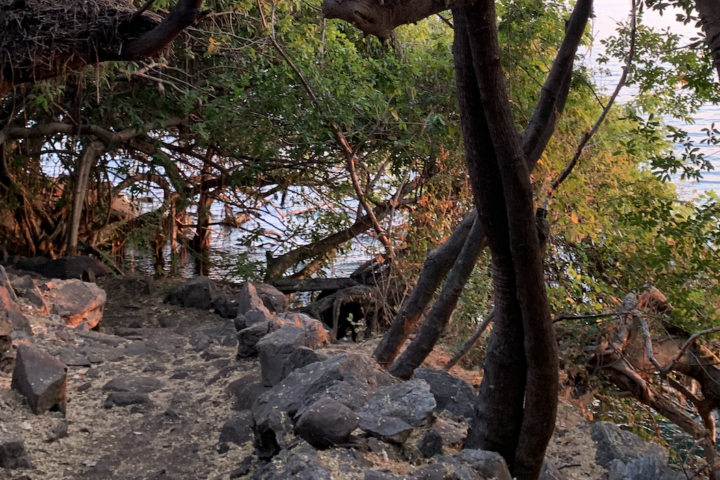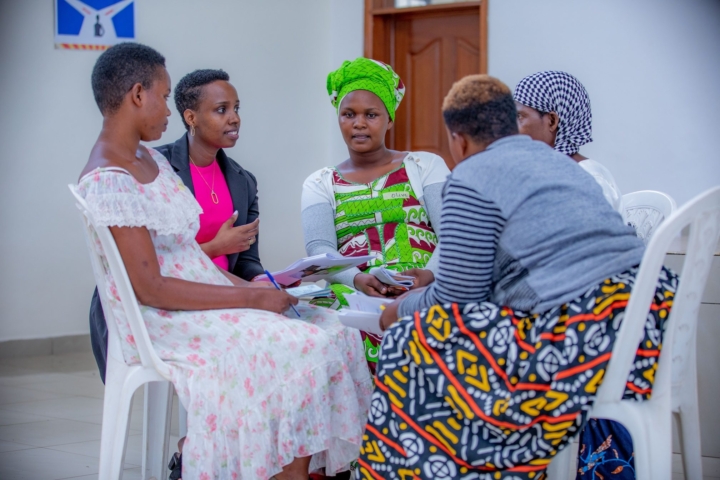The answer is: localize
by Tony Joy
This blog post was written by Durian, one of Azurit Foundation’s grantee partners. The text is based on LinkedIn posts published by Tony Joy.
Adapt to communities’ needs
While we’re in an era where innovative ideas are highly valued, it’s important to recognize that these ideas must be people-centered, especially in rural communities. In some sectors, cutting-edge ideas may work wonders, but the same isn’t always true for rural areas. Effective rural development strategies should be human-centered. This means truly understanding the needs of the people first and then co-creating sustainable solutions. For example, while access to healthcare is a significant concern in many communities, introducing online applications for doctor-patient interactions might not be the answer for rural dwellers. The people and their circumstances must be studied carefully.
A 2022 study shows that 68% of Nigerians in rural communities do not use smartphones. What does this mean? We must localize solutions to meet real needs, rather than launching grand ideas that barely solve problems. In my opinion, we need more practical and holistic solutions to combat poverty in these communities. If all the strategies employed over the years had been successful, we would have seen significant changes. Yet, most communities have remained the same, and some that appear developed have done so by selling their lands for real estate purposes. We can do better.
When will being a small-scale farmer become a productive occupation for rural people? When will sustainable growth be implemented in the languages of the people? When will resource management bring joy and income to communities? When will education be accessible on their terms? When will food processing be brought closer to the people? These are the integral questions driving our work at Durian. We are building rural communities of the future that are circular, creative, and empowered by rural women. We are bringing processing, production, and knowledge closer to the people so they can own a part of the economy they mostly drive.
Bring processing closer
Many of these communities possess valuable resources but lack awareness of their worth, often falling victim to exploitation by middlemen. To address this issue, we’re bringing processing closer to these communities. For instance, we’ve trained people in rural Nigeria to transform bamboo into crafts, palm fronds into toothpicks, cocoa pod husks into African black soap, and cassava waste into animal feed. This increases the value of the resources they have, hence increasing their income. This approach is crucial because it directly invests in the local economy and creates jobs within the communities. Unfortunately, many external actors are more interested in exploiting these communities for their gain rather than fostering their development.
While middlemen can play a role, they must engage in ethical purchasing processes and offer fair prices to the communities. Take, for example, the cassava market. Why should a farmer sell cassava for N20,000 ($12) per 200 heaps, only for a middleman to resell it for N40,000 ($24) per 200 heaps? The farmer, who did all the planting and care, ends up with a fraction of the profit. This scenario is common across many communities. Recently, I visited a community rich in palm kernel, and the story was the same. They sold their kernels at a significantly lower price than the market rate, clearly being exploited. Even more frustrating, they use the kernel waste after oil extraction to pay off loans. This waste has substantial value, yet someone else benefits from it, not the farmers. These communities have immense value, but external parties often reap the rewards, leaving the hardworking farmers with little to show for their efforts.
About the author
Tony Joy is the Founder and Director of Durian. Durian creates rural communities of the future in Nigeria: circular, creative, and empowered by rural women.


